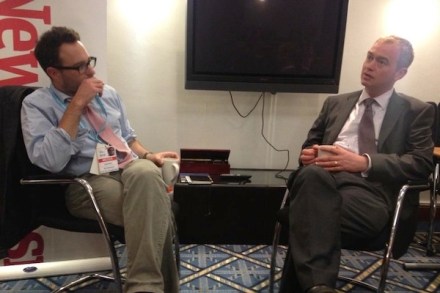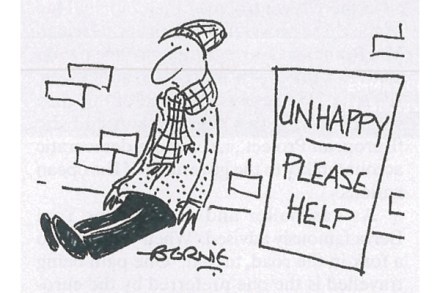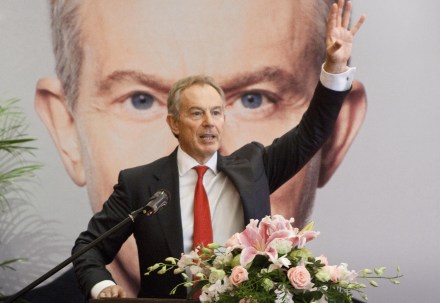A birthday challenge to the New Statesman
Slight treachery from Boris, who has written a glowing piece on the occasion of the New Statesman’s centenary. While most people will focus on his dissection of the evils of left-wingery and explanations for hatred of Margaret Thatcher, something else caught Steerpike’s eye: ‘My paranoia about the New Statesman and its terrific pieces went on for some months, until we finally met for physical combat, in the form of a cricket match. It was a torrid afternoon and I was full of nerves. Bernard Levin had come to watch, for heaven’s sake, and the New Statesman’s captain, Christian Wolmar, displayed what I am forced to call gamesmanship. At last we prevailed,













